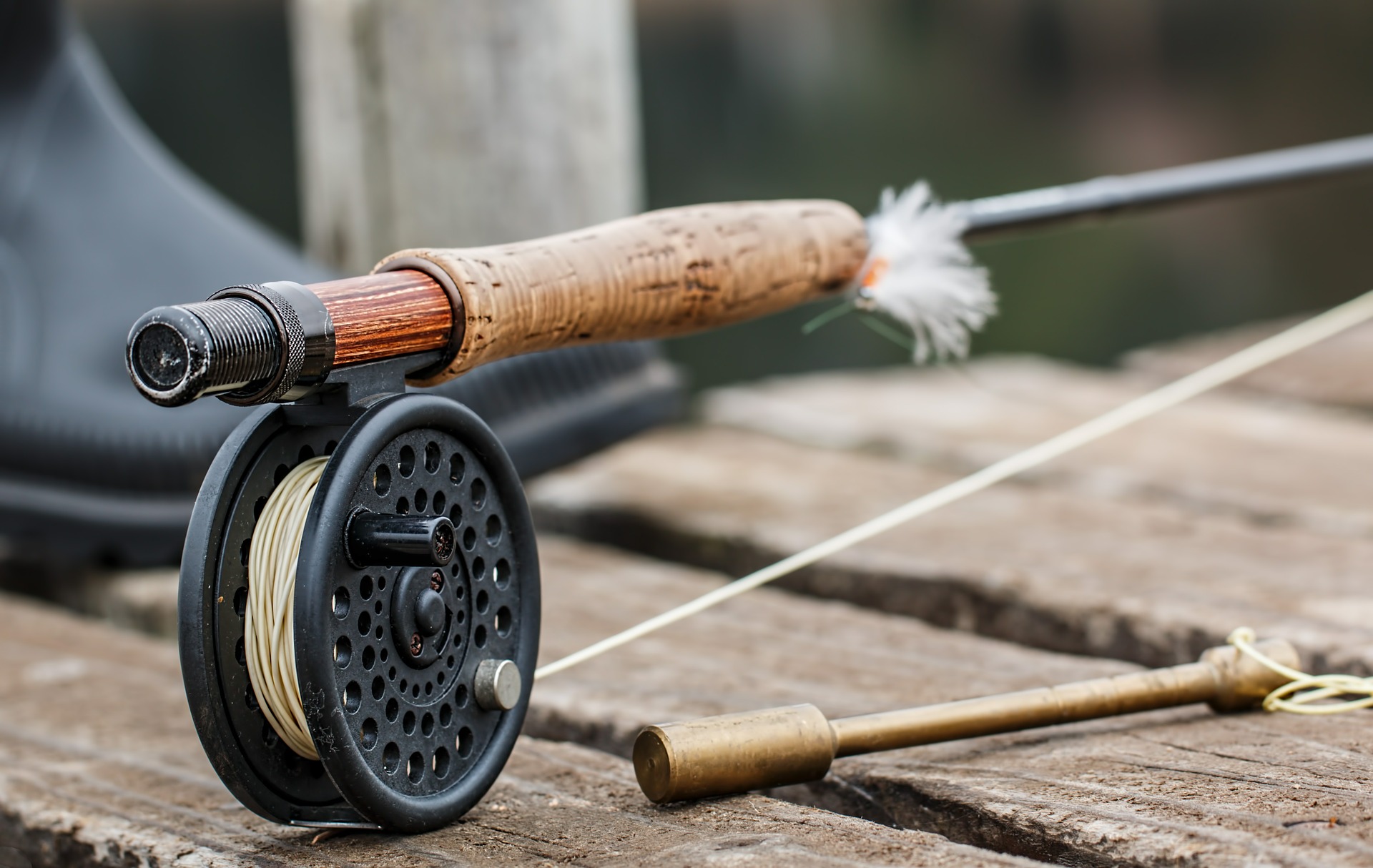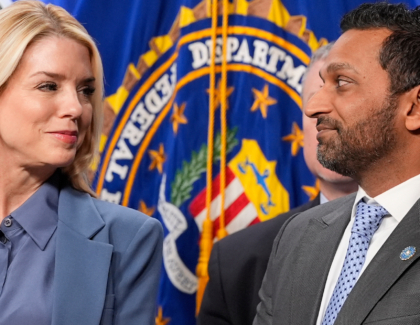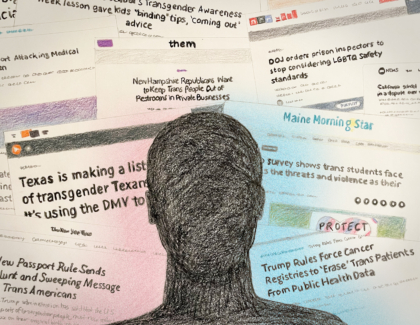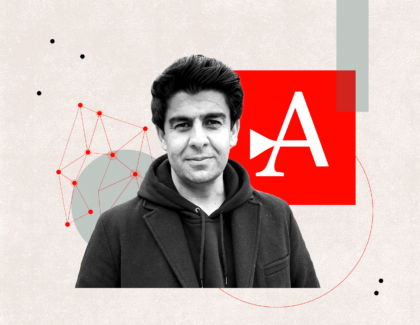Sign up for the daily CJR newsletter.
ON THE MORNING OF DECEMBER 11, I logged onto Facebook to find myself tagged in a post which claimed, “Elliott Woods must have struck a nerve.” It linked to a piece from the Montana Post, a progressive political blog, where a headline read, “Secretary Zinke Bans Reporter For Honest Coverage of His Fishing Ability.”
Outside had published my 7,300-word profile of Interior Secretary Ryan Zinke the previous week. I’d concluded the profile with a story about how Zinke had rigged his fly-fishing reel backwards. Was Zinke really icing me out because I’d embarrassed him?
ICYMI: Former New York Times employees are furious about a movie in theaters right now
I clicked the link, expecting to find quotes from a Department of Interior press release or an interview with Zinke stating that I had officially been blocked from future reporting on the Secretary of the Interior. The story had neither. I was confronted with two troubling possibilities: my reporting had prompted a cabinet official to retaliate against one of my colleagues; or, an eager blogger had rushed to conclusions and, in so doing, put me and Outside in the administration’s crosshairs. What if it was both? I resolved to find out.
Here’s the timeline: On December 4, President Trump made the long-awaited announcement that he planned to severely downsize Utah’s Bears Ears and Grand Staircase-Escalante monuments. Outside published my Zinke profile the same day. The outdoor industry powerhouse Patagonia immediately published a stark ad on social media:
This is the largest elimination of protected land in American history.
Take Action: https://t.co/biZPxo7PHh#BearsEars pic.twitter.com/OqW9FHPk3Q— Patagonia (@patagonia) December 4, 2017
The next day, Zinke held a telephone press conference to discuss the monuments decisions. During the call, he went on the attack against Patagonia, calling them a “special interest group.”
“I think it’s shameful and appalling that they would blatantly lie in order to gain money in their coffers,” Zinke told reporters on the call.
Those reporters did not include anyone from Outside. I’ll get back to that.
On December 8, the House Natural Resources Committee launched an attack ad against Patagonia, adopting the exact aesthetic of Patagonia’s ad:
.@Patagonia doesn't want #MonumentsForAll, they just want your money #BearsEars pic.twitter.com/2nuvfS0imZ
— House Committee on Natural Resources (@NatResources) December 8, 2017
That same day, Outside’s Abe Streep published a piece about the feud between the House Natural Resources Committee, Zinke, and Patagonia, in which he referenced Outside’s absence from the recent telephone presser. “Despite repeated efforts to join [the call], one of our editors was blocked,” wrote Streep. “The previous day,” Streep continued, “the magazine had published a critical profile of Zinke by Elliott Woods that illustrated, among other issues, the secretary’s struggles to properly rig a fly rod.”
On December 10, Montana Post’s Don Pogreba Tweeted, “I can’t believe it’s taken me this long to figure out who @SecretaryZinke is. Jess’s brother in A River Runs Through It: goes to California, can’t fish, can’t stop talking about himself, and leaves Montana never to return.” In response, one of Pogreba’s followers resurrected a quote from the legendary fly-fishing film that has served as an insult to wannabe anglers for decades: “Buster wants to fish.”
Drawing on Pogreba’s Tweet and others, along with my piece and Streep’s, Kosted connected the dots as far as he could see them: my profile had gotten Outside banned. (CJR was unable to reach Kosted for comment.)
ICYMI: Reddit is not messing around right now
Kosted’s piece appeared on December 11. Within a few hours, it was all over social media. Deadspin picked up the story and regurgitated a profanity-laden post, titled, “Interior Secretary Ryan Zinke Is Mad Because Outside Magazine Pointed Out He’s A Fly Fishing Novice.” I received a flood of Facebook messages and texts congratulating me for getting the boot. One text, from a fly-fishing guide friend of mine, said, “Secretary Snowflake kicked you out of the cool kids club for making a funny.” My dad called to remind me that, during the Watergate era, it was considered an insult if you weren’t added to Nixon’s list of banned reporters.
https://twitter.com/BenLamb1/status/940290570349559808
I WASN’T BANNED—at least, not as far as I can prove. The reporter who had attempted to join the call wasn’t even me—it was Outside editor Weston Phippen. The morning after my profile launched, Zinke’s press team had invited reporters to request call-in information for the press conference. Phippen responded to DOI’s email more than an hour before the call was supposed to start. DOI never responded with the call-in information, so Phippen followed up with a direct message to DOI’s Twitter account. Again, no response.
Phippen eventually got the call-in information from a reporter at another magazine. He called in about 15 minutes before the start time and gave his name, title, and magazine name to the person managing the call. (Phippen, who spoke with me about the call, assumes the person was a third-party contractor.) While Phippen waited, someone came on the line and said, essentially, “This call is only for people who were invited,” then hung up. Phippen called back; another hang-up. He wrote again to the email address provided in the original invitation from the DOI but never received a response.
Phippen thought it was strange to get a total blackout from the DOI the day after my story ran. My depiction of Zinke, if less than favorable, is based on months of research and dozens of sources. But Phippen can’t prove that he was blocked. No one told him so—in fact, despite repeated attempts to join the call, no one told him anything at all. “I came to Outside from The Atlantic,” Phippen told me, “and I’ve been on a bunch of these DC conference calls. Usually, if you can’t get on there’s at least some explanation. Maybe they’d reached a call limit. But the fact that there was no response of any kind, even to my emails, is unusual.”
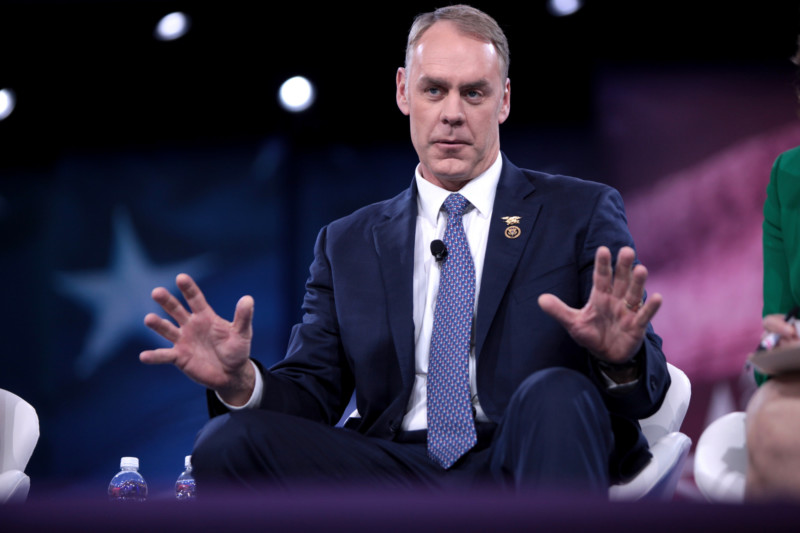
Interior Secretary Ryan Zinke, photographed at the 2016 Conservative Political Action Conference. Gage Skidmore, via Flickr
I reached out to Heather Swift, Zinke’s press secretary, for an explanation. After three emails in two days, I still have not received an answer. Was Outside blocked, banned, or intentionally excluded? Maybe, but I don’t know any more than Phippen does.
My profile of Zinke was shared widely on social media and within circles of current and former federal employees, outdoor enthusiasts of all stripes, and Montanans. No one has raised a major concern about the factual accuracy of the piece. I know that Zinke’s team read it, too, because I got an email from Swift on the day of publication that included the line, “your opinion article is a piece of work.”
She included a list of “problems” with the story that she said our fact-checker had ignored. Of the nine problems she highlighted, only one amounted to a genuine error: I wrote that Bears Ears is in Rob Bishop’s congressional district. It’s not; it’s in John Curtis’s. We fixed the mistake and issued a correction. In hindsight, the perturbed tone of Swift’s email lends credibility to the idea that DOI may have nixed Phippen’s access in response to my piece. Swift did not challenge my depiction of Zinke’s fishing skills—details that generated more buzz than any of the facts or interviews I spent all that time assembling.
KOSTED, FROM THE MONTANA POST, writes, “The fishing incident would be a comical encounter if not for the dangerous precedent set to ban reporters who tell the truth.” I agree with Kosted that there is a creeping authoritarianism evident everywhere in the Trump administration’s attitude toward the public, including its treatment of the news media. I don’t want to be too hard on Kosted (or, for that matter, Deadspin). But if our goal is accuracy, then he goes too far—for now—by saying I was banned.
I’ve submitted a FOIA request to the Department of Interior in an attempt to learn what happened with Phippen’s call. If it looks like a governmental agency is abusing power by intentionally blocking a reporter’s access because of unfavorable coverage by his or her publication, that’s a lead worth some shoe leather.
Imprecision undermines credibility that we’re desperately fighting to maintain—and, in some cases, to restore. We’re writing the first draft of history, and every first draft I’ve ever written has gotten a pretty heavy edit. Will we make mistakes? Of course. But we can’t give anyone an excuse to call us #fakenews.
Buster might want to fish, but I didn’t get banned. And that’s the truth as far as I know.
ICYMI: Bad news for Vice, Mashable and BuzzFeed
Has America ever needed a media defender more than now? Help us by joining CJR today.



